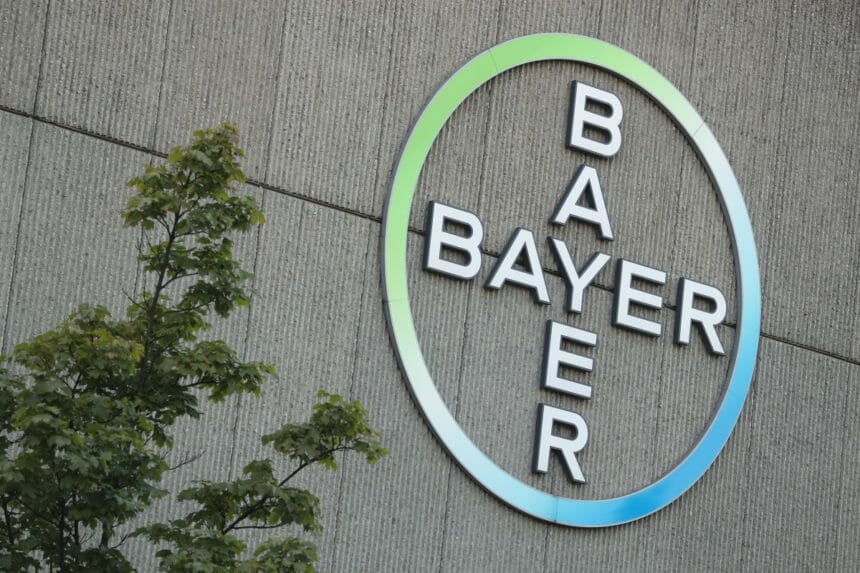PARIS: Bayer has suspended work with external agencies amid a French government investigation into lists of opponents and supporters compiled for what the newspaper Le Monde called a “media counter-offensive.”
The newspaper reported on Friday that prosecutors in Paris were investigating lists developed to help the company respond to the crisis over the herbicide glyphosate, also known as Roundup. Glyphosate, which has been named in lawsuits as a carcinogen, was developed by Monsanto before Bayer acquired that company.
The lists were created as part of a PR initiative to support glyphosate. They included the names of more than 200 people, including journalists, politicians and agriculturaL and nonprofit leaders categorized by their position on Monsanto. French law tightly regulates the creation of lists and databases of people based on their political views.
The investigation was prompted by a complaint Le Monde made on April 26, after it saw one of its journalists’ names on a list leaked from FleishmanHillard to reporters covering the glyphosate PR campaign. LeMonde broke news of the list on Friday.
In a statement, Bayer apologized for the creation of the list and said it has suspended its cooperation with the “involved external service providers.” The company said it will ask an external law firm to investigate the project and Matthias Berninger, head of public affairs and sustainability, will “evaluate the issue internally.”
“We are also currently investigating further appropriate consequences both internally and with regard to external parties,” the company said in a statement.
Bayer said the PR initiative supporting glyphosate began before it acquired Monsanto, and the manager in charge of the program left the company shortly after the acquisition closed.
Fleishman declined to discuss the issue, but said in a statement that it is proud of its work with Bayer and that it conducts itself “in keeping with the professional standards and established practices of our industry.”
Fellow Bayer agency partner Publicis Consultants also declined to talk about the controversy, but said in a statement that between October 2016 and April 2017, it had “delivered public affairs work using public data for another PR agency.” Publicis added that it is conducting an internal audit of that work and that it operates according to the highest legal and ethical standards.
In addition to the French investigation, the list could prompt an inquiry in Belgium. Philippe Lamberts, a member of the European Parliament based in Brussels who was included on the list, told Le Monde that he plans to file a complaint with a Belgian court.
This story first appeared on prweek.com







